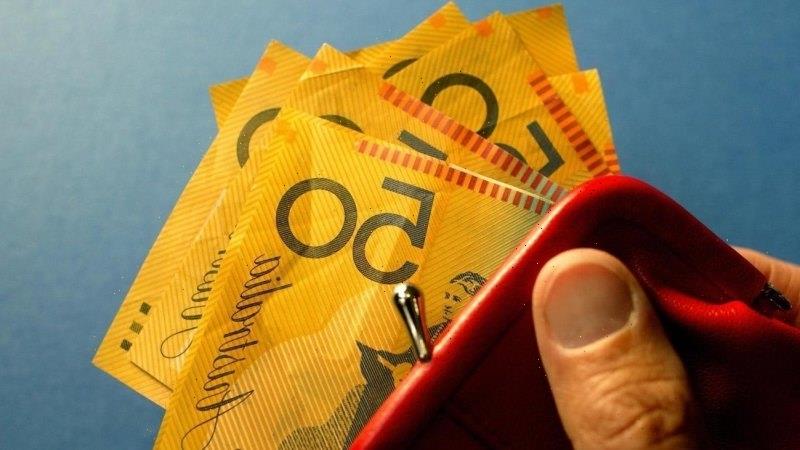The Coalition and Labor face pressure to offer tax cuts to 10 million Australians in the run-up to the next election, punching a $15 billion hole in a budget still mired in deficit by the coronavirus recession.
Without an extension of the low- and middle-income tax offset, both sides risk leaving people who earn less than $126,000 annually paying up to $1080 more in income tax.
Both sides of politics are looking to promise tax cuts to millions of low- and middle-income earners ahead of next year’s election.Credit:Gabriele Charotte
The offset, beefed up in the 2019 pre-election budget, was due to end last financial year before it was continued by Treasurer Josh Frydenberg for 2021-22.
Mr Frydenberg said at the time Australians would benefit from this “new and additional tax cut”, likening it to a stimulus measure to support the recovery out of the pandemic recession. But the extension was only for the current financial year.
Beyond that, the 10 million low- and middle-income earners who use the offset face a tax increase in 2022-23. The worst hit will be people who earn between $48,000 and $90,000 annually, whose tax bill would increase by $1080 a year, or $20 a week.
Analysis by Deloitte Access Economics for The Sydney Morning Herald and The Age shows extending the offset for 2022-23 would cost $7.6 billion the following year. The government is forecasting a budget deficit of $99.3 billion for that year.
Maintaining the offset for the following year, to ensure recipients are not left worse off by a tax increase in 2023-24, would cost another $7.7 billion. The budget deficit for that year is forecast to be $57 billion.
Government debt hit a record $852.8 billion last week while the interest bill on all debt is starting to rise due to a lift in global interest rates.
Mr Frydenberg has already made clear the government is committed to further tax cuts.
“I would say to you that cutting taxes is a never-ending journey. We’re always looking for opportunities to cut taxes in our DNA. It’s been our track record,” he said in September when revealing the nation’s largest-ever budget deficit of $134.2 billion.
Treasurer Josh Frydenberg with the 2021-22 budget that promised a one-year extension of the low-and-middle-income tax offset. More tax relief will have to be promised this financial year.Credit:Alex Ellinghausen
The issue is also alive within the Labor Party and the office of shadow treasurer Jim Chalmers.
On Monday, Mr Chalmers made clear cost of living issues and wages were key parts of Labor’s economic policy agenda.
“If it’s an election about the economy then it needs to be an election about stagnant wages and living standards, and a budget riddled with debt, rorts, waste and mismanagement,” he said.
Assistant professor of economics at George Washington University, Steven Hamilton, said it was clear both sides of politics would have to offer further tax cuts because of the end of the offset.
“You can’t go to an election promising a tax increase to so many people,” he said.
Professor Hamilton, however, said rather than retain the tax offset, the government or opposition could promise to replace it with a large, $3000-a-year, standard deduction.
The deduction would be worth more than the offset for the vast majority of the 10 million who now benefit from it while a standard deduction would mean most people would no longer have to complete an annual tax return, which took time and money.
Previous research by Professor Hamilton suggests a $3000 deduction would provide tax relief to 80 per cent of taxpayers and eliminate between 7 million and 9 million tax returns.
“You would still get a cheque at the end of the financial year. You could still do your tax if you want to. But you could also just sign a form and not have to worry about collecting receipts or seeing an accountant to get your tax done,” he said.
Former Labor treasurer Wayne Swan promised in the 2010-11 budget to introduce a standard deduction along the lines proposed by the Henry tax review. This would have started as a $500 reduction in its first year before being doubled to $1000. The plan was dropped as the Gillard government sought to deliver a budget surplus.
Fascinating answers to perplexing questions delivered to your inbox every week. Sign up to get our new Explainer newsletter here.
Most Viewed in Politics
From our partners
Source: Read Full Article


